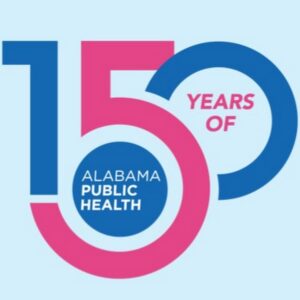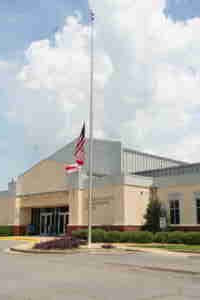
September is Newborn Screening Awareness Month across the United States. Newborn screening is a state public health program that identifies newborns who may have a genetic, metabolic, or other congenital disorder that may not be apparent at birth. If left untreated, newborn screening conditions may cause serious illness, developmental disability, intellectual impairment, or death.
Each year in Alabama, approximately 200 babies are identified with a condition detected through newborn screening. The screening allows treatment to be initiated within the first few weeks of life, treating many of the complications associated with newborn screening disorders such as sickle cell disease and cystic fibrosis.
In Alabama, the newborn screening panel includes the dried bloodspot (heelstick), hearing screening, and pulse oximetry screening. The pulse oximetry screening helps detect critical congenital heart disease. The Alabama newborn screening panel includes 35 of the 38 disorders recommended by the U.S. Department of Health and Human Services.
Parents need to know that their baby should have the newborn screening performed between 24 and 48 hours of age. They should also let the hospital know who their baby’s doctor will be to ensure timely follow-up if needed. Parents should also ask about the newborn screening results at their baby’s first doctor’s visit.
According to the Centers for Disease Control and Prevention, newborn screening is one of the top public health achievements in modern history. Newborn screening continues to expand as more disorders are being recommended to the national panel. The Alabama Department of Public Health Bureau of Clinical Laboratories and Bureau of Family Health Services work in conjunction to screen, follow up, and provide newborn screening awareness and education to improve the lives of Alabama’s babies.
For more information, go to https://www.alabamapublichealth.gov/newbornscreening/index.html.




